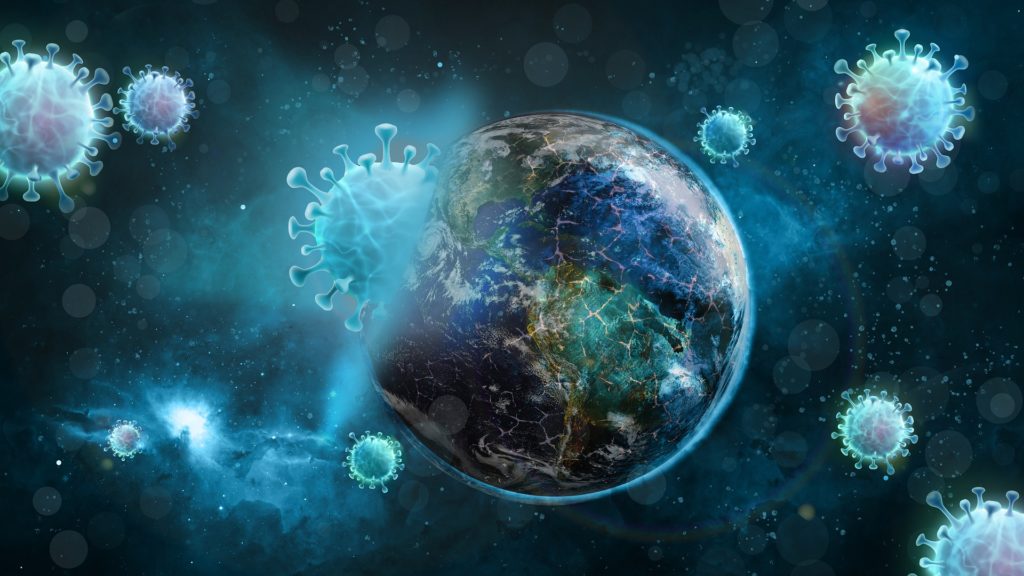Covid Anniversary Blog

A year ago I suggested that COVID-19 might help us become more empathetic towards the life experiences and challenges of vulnerable groups and recognise the opportunity to transition to a more inclusive and sustainable world.
Many people – including several authors of this blog – have seen the pandemic as an opportunity or a lesson for the transition to an alternate world.
Take for example the environmental crisis. During lockdowns, we have witnessed some unexpected positive pictures: wild animals roaming in cities, clear waters in Venice’s canals! Our interest in the environment has also increased. The global number of online searches for “bird sounds”, “identify trees”, and “growing plants” have increased by a factor of two.
Other views, however, are more sceptical. Philosopher Slavoj Žižek doubts that the epidemic will make us any wiser. And Bruno Latour puts forward the hypothesis that “the pandemic prepares, induces, and incites us to prepare for climate change”. Both Žižek and Latour recognise that drastic changes are required to transition to an alternate world.
There is an autistic person with impressive achievements in climate-change activism. Starting from school strikes, Greta Thunberg has made a substantial impact on public awareness of the catastrophic threat of climate change.
However, there is also significant controversy around Greta as a public figure. Being young, female, and autistic, Greta Thunberg brings together several characteristics that tap into implicit biases about who should have an active role in public life and who should, and should not, be listened to.
For Greta “Being different is a gift… It makes me see things from outside the box. I don’t easily fall for lies, I can see through things. If I would’ve been like everyone else, I wouldn’t have started this school strike for instance.”
It is, perhaps, because of her autism that Greta extends her activism to the pandemic crisis. A few days ago, Greta urged governments, vaccine developers and the world to “step up their game” to fight vaccine inequity after the richest countries bought up most COVID-19 vaccine doses and those in poorer nations have gone lacking.
With regards to lessons learnt from the pandemic, Greta seems to align with Žižek and Latour. “COVID-19’s impact on the world is first and foremost a tragedy,”. “The pandemic has no advantage or positive aspects … We shouldn’t be speaking of lessons that can be learned from it, because lessons sound like something positive, in a way.”
Dr Themis Karaminis is Senior Lecturer and Programme Leader BSc (Hons) Psychology at Edge Hill University. This piece is written as a follow-up to a post originally published in the COVID-19 blog on 15th May 2020 by Themis which can be found here. @CogNeuroThemis
Image by Alexandra_Koch from Pixabay
